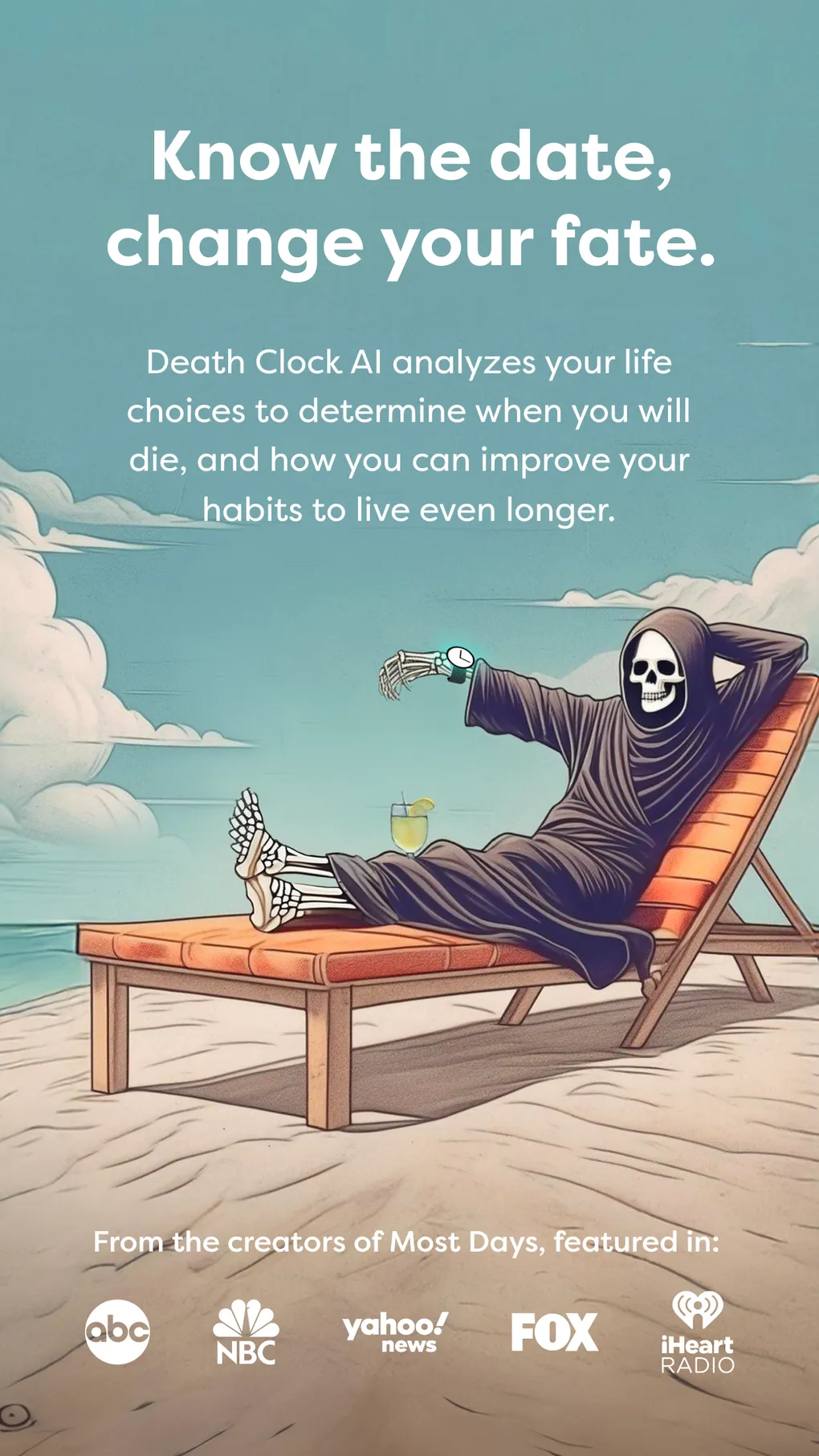In an era where artificial intelligence is increasingly integrated into our daily information consumption, the reliability of these technologies comes into question. A recent investigation by the BBC has shed light on significant shortcomings of leading AI chatbots, including OpenAI’s ChatGPT and Google’s Gemini. By analyzing summaries generated from 100 news articles, the study revealed that over half of the AI responses contained major inaccuracies. This raises critical concerns about the role of AI in news dissemination and the potential consequences of relying on these systems for accurate information.
The BBC Study Overview
The recent investigation conducted by the BBC aimed to assess the accuracy of popular AI chatbots in summarizing news content. The study involved a rigorous evaluation where 100 news articles from the BBC’s own website were presented to four leading AI chatbots: OpenAI’s ChatGPT, Microsoft’s Copilot, Google’s Gemini, and Perplexity AI. Each chatbot was tasked with generating a summary for the articles, allowing for a direct comparison of their performance in digesting and conveying news information.
Experts from the BBC meticulously evaluated the summaries produced by the chatbots. The assessment was focused on identifying not just minor mistakes, but major flaws that could mislead readers. The methodology emphasized the importance of accuracy in news reporting, especially in an era where misinformation can spread rapidly. The findings of the study highlighted critical issues that need addressing in AI-driven content generation.
Prevalence of Inaccuracies in AI Responses
The study’s results revealed a startling prevalence of inaccuracies in the AI-generated summaries. Notably, over half of the responses contained significant errors, indicating a serious issue with the reliability of these technologies. The assessment found that 51% of the summaries included major flaws, which ranged from factual inaccuracies and misquotations to the use of outdated information that could misinform readers. This adds to the growing concern regarding the dependability of AI in news dissemination.
Specific examples of inaccuracies included misrepresentation of dates, erroneous numbers, and incorrect statements derived from BBC articles. Such errors not only tarnish the reputation of the AI technologies but also pose a risk to public understanding of critical news events. As AI tools become more integrated into daily information consumption, addressing these inaccuracies is crucial to ensure they enhance rather than undermine the quality of news.
Frequently Asked Questions
What did the BBC investigation reveal about AI chatbots’ summarization abilities?
The BBC investigation found that leading AI chatbots, including ChatGPT and Copilot, produced significant inaccuracies in summarizing news stories, with over 51% of responses containing major flaws.
How many news articles were evaluated in the BBC study?
The study evaluated 100 news articles from the BBC’s website to assess the summarization quality of various AI chatbots.
What types of errors were identified in AI-generated summaries?
The errors included factual inaccuracies, misquotations, and outdated information, with 19% of responses citing BBC content inaccurately.
Who assessed the quality of the AI-generated summaries in the study?
Subject matter experts from the BBC evaluated the quality of the summaries produced by the AI chatbots.
What percentage of AI responses exhibited significant errors?
The study reported that 51% of the AI-generated answers contained significant errors, highlighting concerns about their reliability.
Were there specific examples of inaccuracies found in the summaries?
Yes, the study noted incorrect dates, numbers, and statements in the AI-generated summaries, demonstrating the need for caution in using these tools.
What implications do these findings have for the use of AI in news summarization?
These findings raise concerns about the reliability of AI chatbots for summarizing news, underscoring the importance of human oversight in verifying information.
| AI Chatbot | Inaccuracy Rate | Types of Errors | Specific Findings |
|---|---|---|---|
| OpenAI’s ChatGPT | 51% | Factual inaccuracies, misquotations, outdated information | 19% errors citing BBC content |
| Microsoft’s Copilot | 51% | Factual inaccuracies, misquotations, outdated information | Incorrect dates and numbers |
| Google’s Gemini | 51% | Factual inaccuracies, misquotations, outdated information | Misstatements in summaries |
| Perplexity AI | 51% | Factual inaccuracies, misquotations, outdated information | General inaccuracies in content |
Summary
AI chatbot inaccuracies have become a pressing concern, as highlighted by a recent BBC investigation revealing that major AI chatbots like ChatGPT, Copilot, Gemini, and Perplexity AI frequently produce flawed summaries of news articles. The study found that over half of the generated responses contained significant errors, raising serious questions about the reliability of these technologies for accurate information dissemination.










